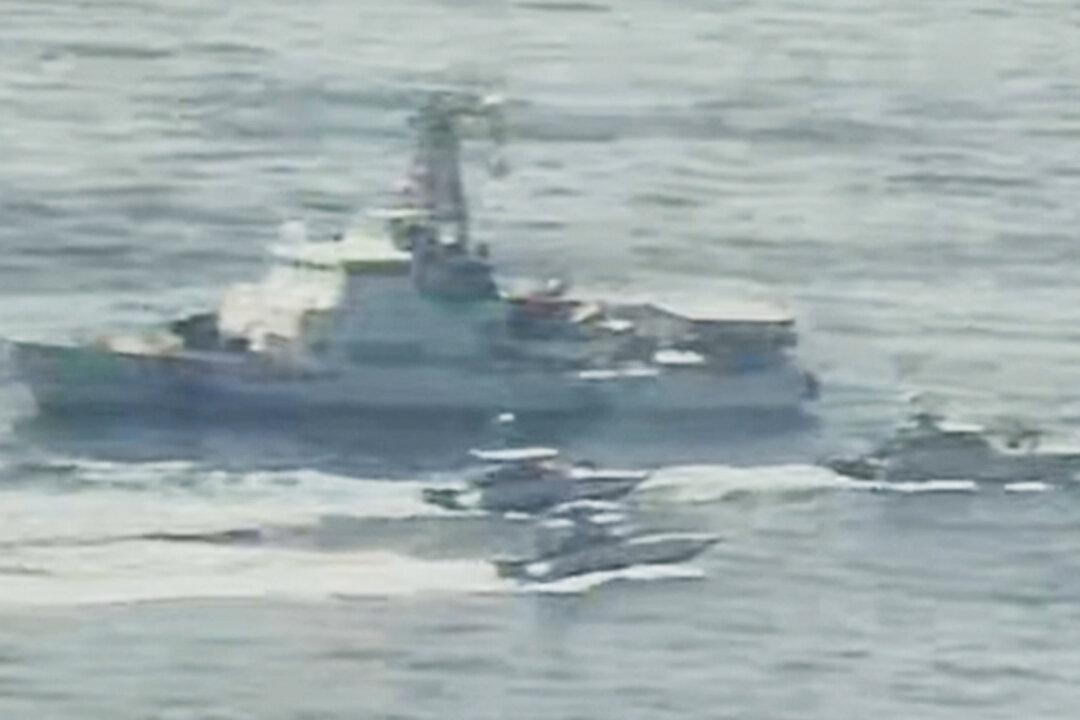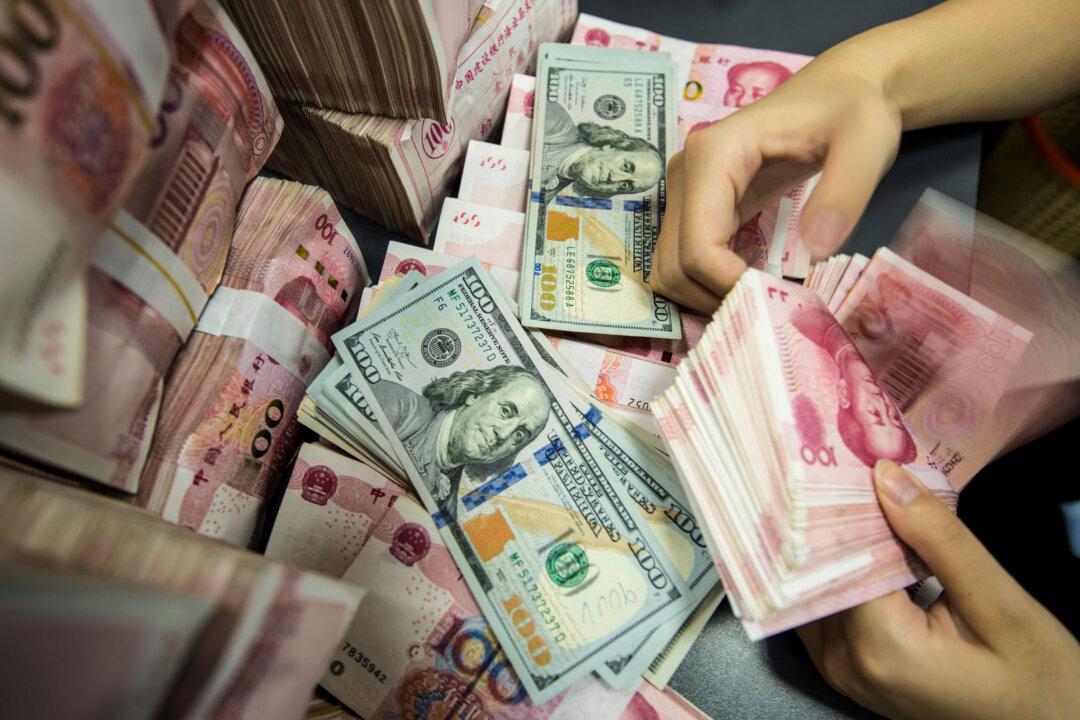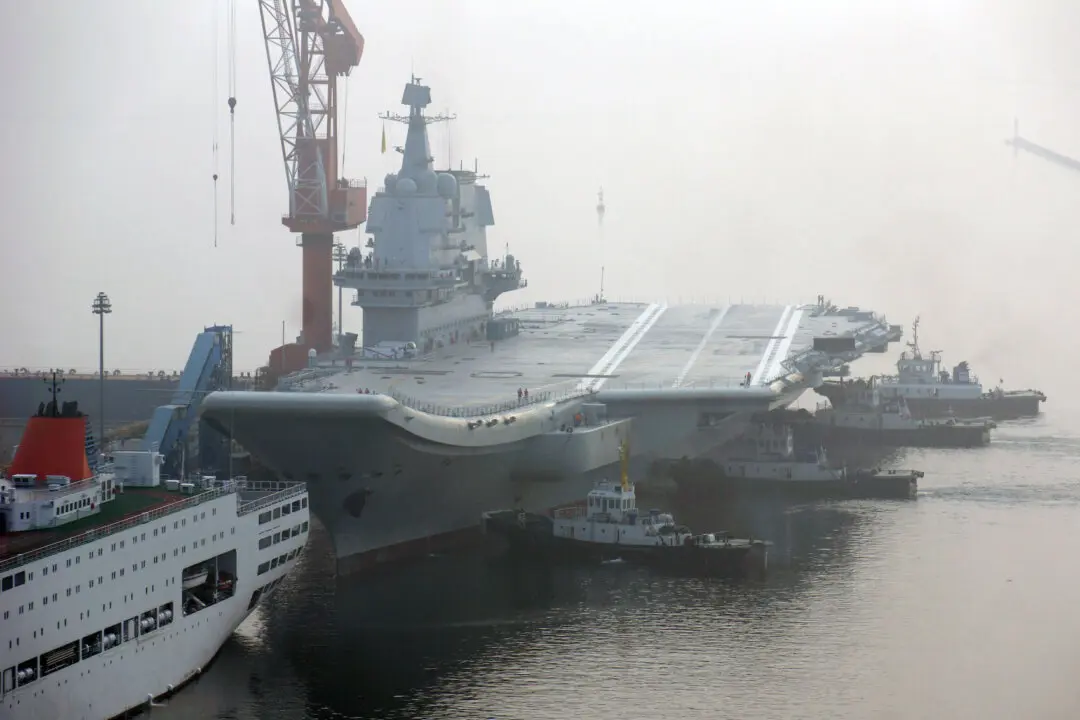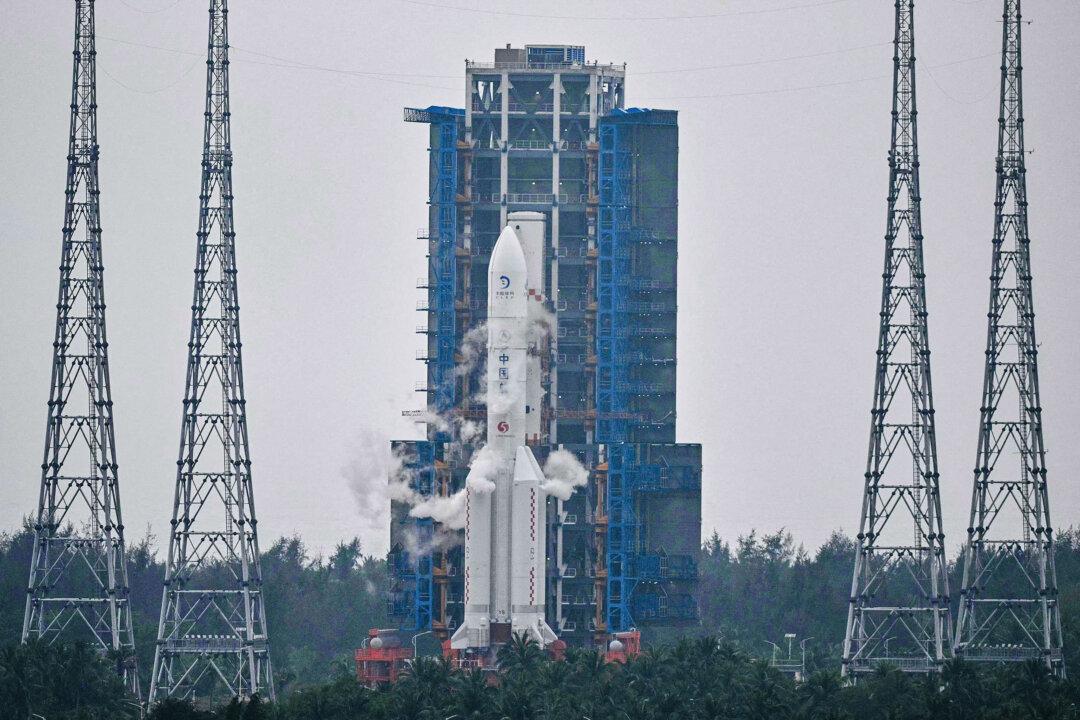Commentary
On Jan. 12, the Department of the Treasury’s Office of Foreign Assets Control imposed sanctions against two companies for shipping Iranian commodities on behalf of Iran’s Islamic Revolutionary Guard Corps-Qods Force (IRGC-QF)-backed Houthi financial facilitator Sa’id al-Jamal. This action occurred just days after Iran’s Islamic Revolutionary Guard Corps (IRGC) threatened retaliation against Israel and its allies for the death of IRGC Gen. Razi Mousavi, who was killed in an Israeli missile strike in Syria.





